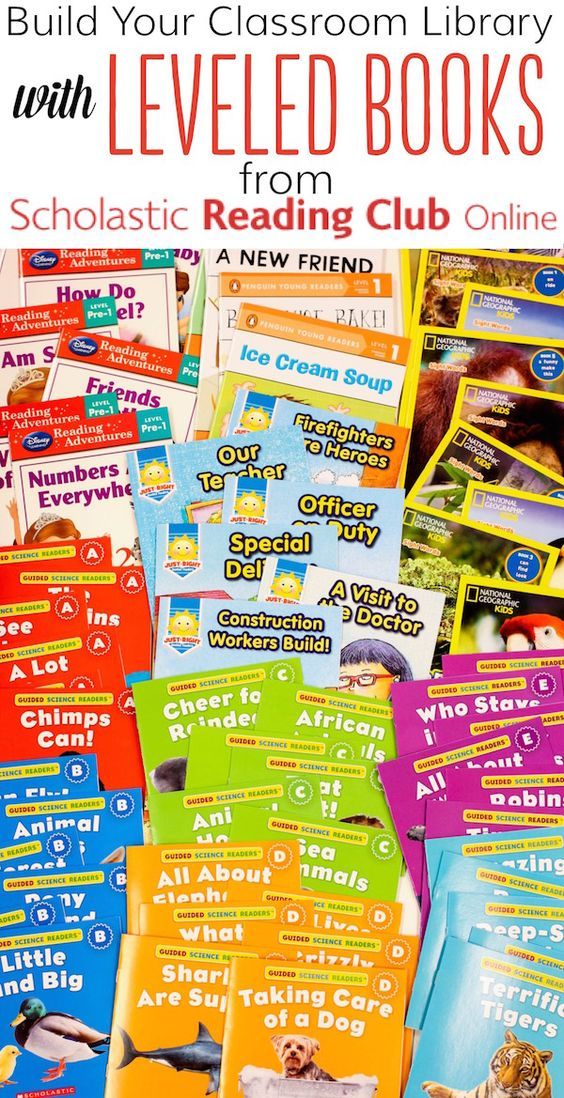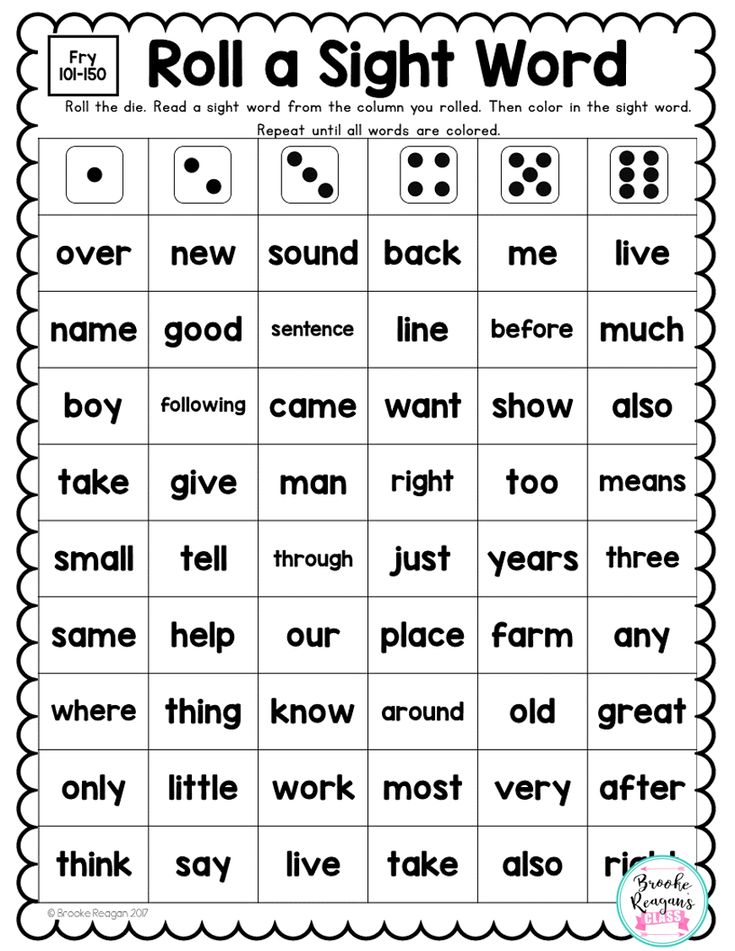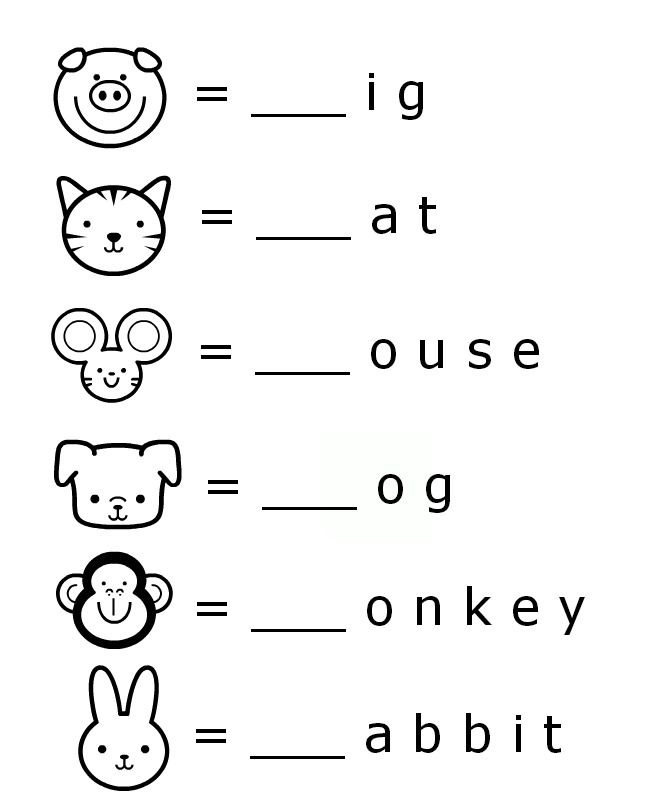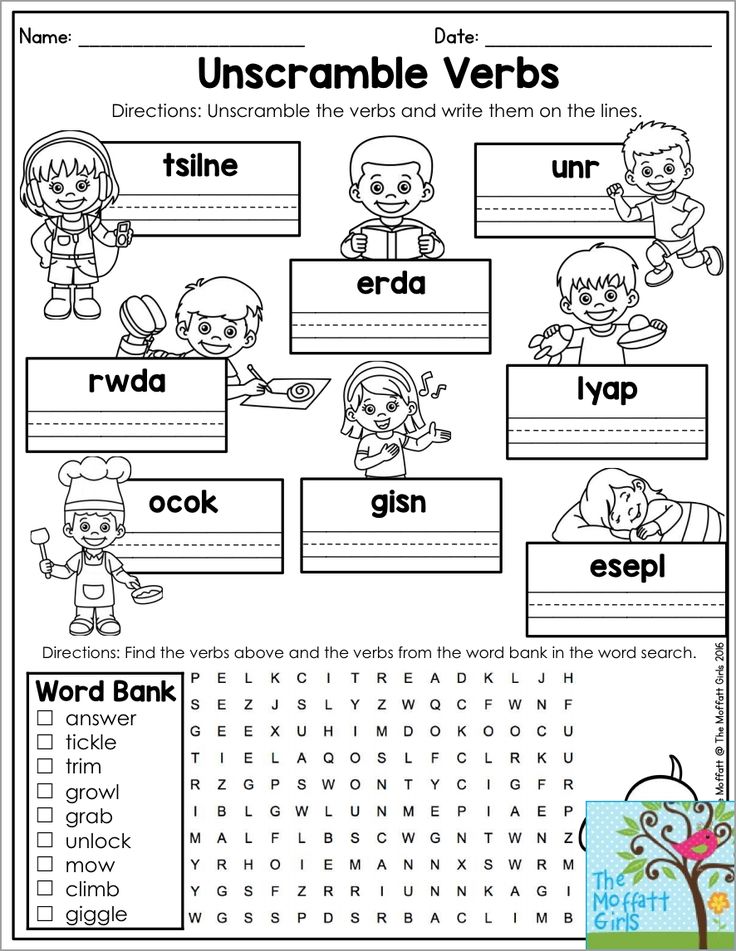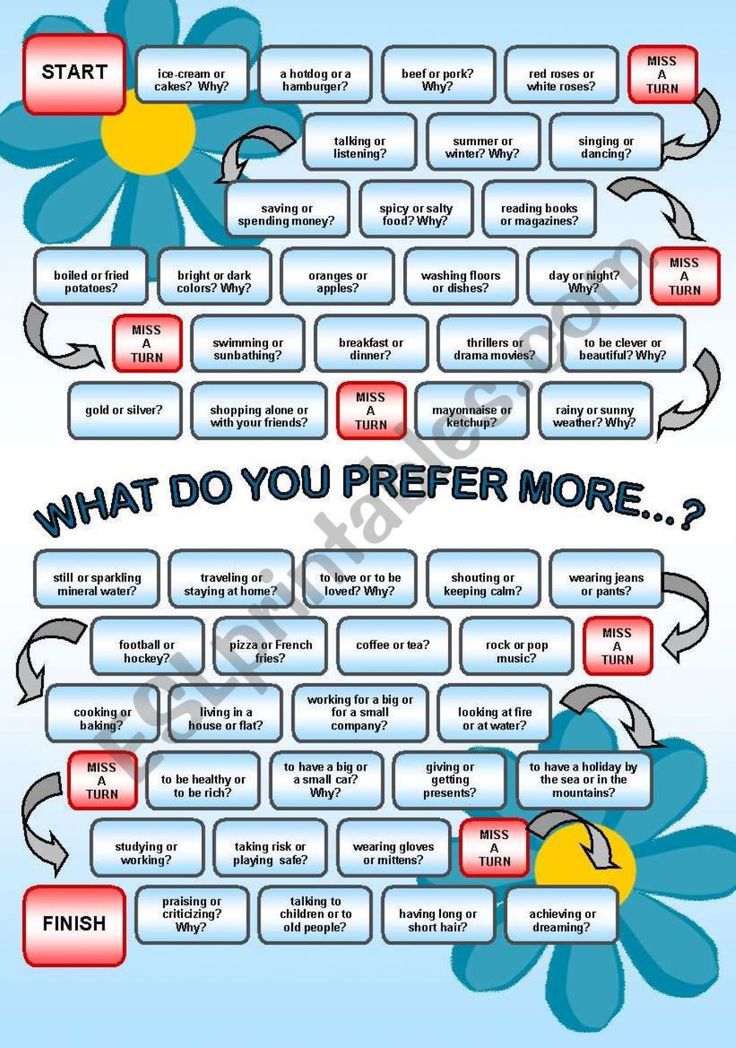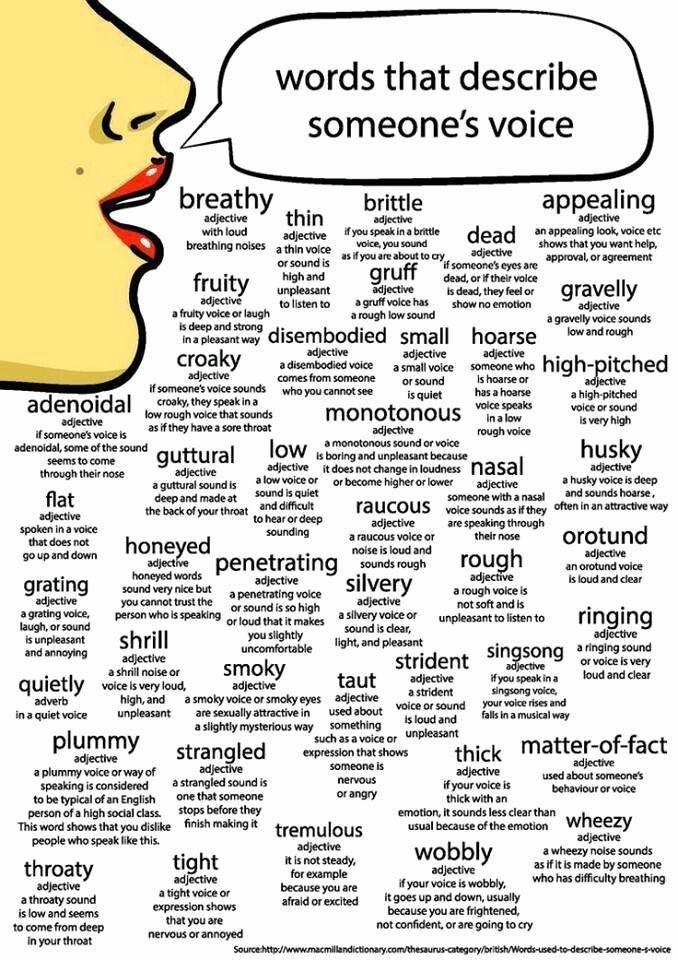Spelling easy words
The Basic Spelling Vocabulary List
By: Steve Graham, Karen R. Harris, Connie Loynachan
This list was created to help teachers know which spelling words should be taught to kids in grades 1–5. The list contains 850 words that account for 80 percent of the words children use in their writing — the ones they need to be able to spell correctly.
This list was devised to help educators know which spelling words should be taught to children. The list contains 850 words that account for 80 percent of the words children use in their writing — the ones they need to be able to spell correctly.
Mastering this relatively small corpus of words yields a high rate of return. For example, the most common 1,000 words are used 13 times more frequently than the next most common 1,000 words. It also provides teachers flexibility in planning spelling instruction, providing an opportunity to give children the "basics" while supplementing with other spelling words germane to classroom activities.
Grade level for each word was determined based upon difficulty, pattern of occurrence in children's writing across grades, and grade placement on current vocabulary lists and spelling materials.
Words that children have difficulty spelling correctly are marked with an asterisk.
Grade 1 | |||
|---|---|---|---|
| a | fat | like* | sat
|
Back to Top
Grade 2 | |||
|---|---|---|---|
| about* | father* | lives | set |
Back to Top
Grade 3 | |||
|---|---|---|---|
| able | even | mind | spelling |
Back to Top
Grade 4 | |||
|---|---|---|---|
| across | during | mountain | sure* |
Back to Top
Grade 5 | |||
|---|---|---|---|
| although | different* | planet | suddenly
|
Back to Top
Graham, S.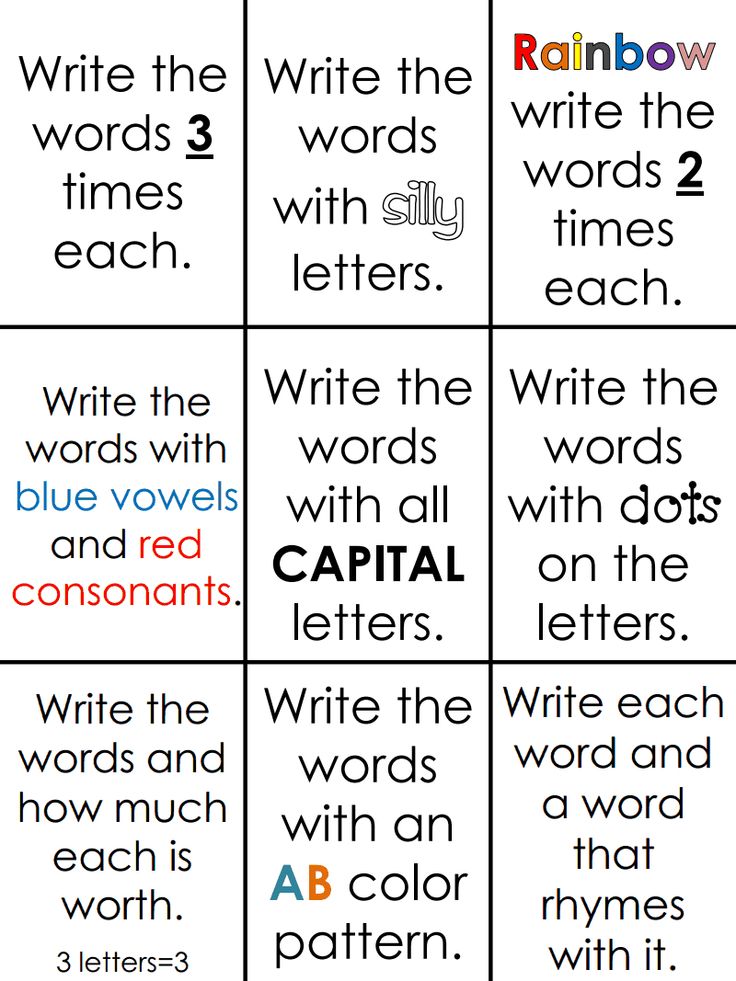 , Harris, K.R. and Loynachan, C. (1993). The Basic Spelling Vocabulary List. Journal of Educational Research 86(6) 363-368.
, Harris, K.R. and Loynachan, C. (1993). The Basic Spelling Vocabulary List. Journal of Educational Research 86(6) 363-368.
Reprints
You are welcome to print copies for non-commercial use, or a limited number for educational purposes, as long as credit is given to Reading Rockets and the author(s). For commercial use, please contact the author or publisher listed.
Related Topics
Early Literacy Development
Spelling and Word Study
Vocabulary
Writing
New and Popular
Cracking the Code: How and Why Big Horn Elementary School Went All-In with Structured Literacy
Print-to-Speech and Speech-to-Print: Mapping Early Literacy
100 Children’s Authors and Illustrators Everyone Should Know
A New Model for Teaching High-Frequency Words
7 Great Ways to Encourage Your Child's Writing
Screening, Diagnosing, and Progress Monitoring for Fluency: The Details
Phonemic Activities for the Preschool or Elementary Classroom
Our Literacy Blogs
Shedding Light on Reading Skills and Strategies
Kids and educational media
Meet Ali Kamanda and Jorge Redmond, authors of Black Boy, Black Boy: Celebrating the Power of You
Get Widget |
Subscribe
Spelling Bee Words For Children Aged 11-12 | School Age
- View Larger Image
Make spelling fun with a spelling bee – they will not only improve their spelling skills, but also their literacy and reading!
Easy spelling words
To help ease your child into mastering everyday words, we’ve put together a list of words to get them started.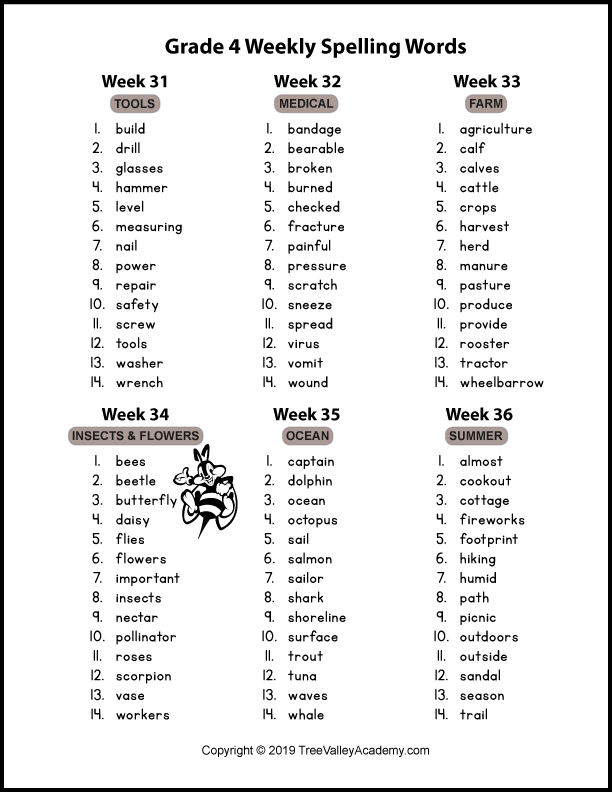
able, aftermath, afternoon, appear, attack, attend, bicycle, breakfast, brightly, cabbage, cable, carpenter, channel, circle, climb, comfort, comical, confirm, construct, curtain, customer, damage, decide, delight, disappear, discover, empty, encourage, entertain, equal, exactly, forever, fruit, fuel, group, guard, guest, guide, guitar, handle, health, heart, heavily, helmet, idea, kindness, level, locket, lumber, magic, melon, meter, money, motor, mountain, partner, perfect, perhaps, personal, plastic, pocket, protect, provide, railway, record, reward, shoulder, socket, stranger, stroll, subject, suit, supply, temper, theatre, total, toward, treatment, useful, vacant, windy, writer.
Download this spelling list here
Medium difficulty spelling words
Once they’ve mastered the easy words, ramp up their vocabulary and help them learn to spell longer words and those pesky ones with silent letters.
activity, afterthought, apartment, appoint, approve, beginner, boundary, breathe, calendar, caption, clothe, colony, competition, concern, condition, creature, crouton, currency, cycle, devotion, disguise, dishonest, distance, disuse, eager, education, exist, famous, feather, feature, fiction, fragile, friction, grateful, guardian, household, increase, industry, invention, junction, junior, lawyer, management, mayor, meanwhile, memorable, mention, metal, mightily, minister, nature, neither, option, pardon, passenger, pickle, picture, pleasure, popular, proceed, produce, professor, property, quartet, reason, recess, reduce, reduction, reply, route, scene, scent, stolen, supporter, sweater, teachable, televise, though, thread, tidal, triple, victory, volcano, wealth, weather, weird, wilderness, wrist.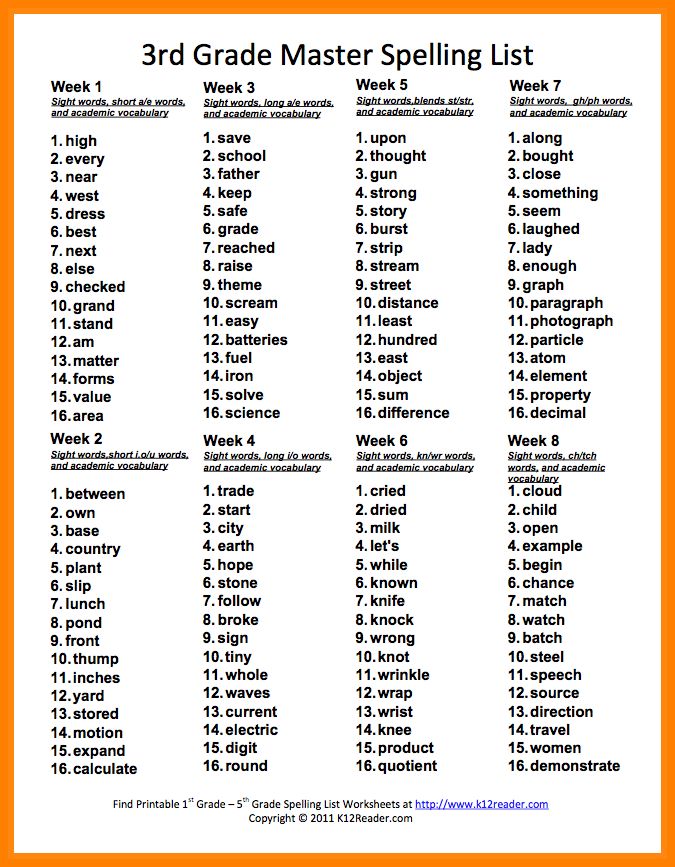
Download this spelling list here
Challenging spelling words
These words aren’t as easy as they sound but they’ve give your child a great understanding of words they’ll end up using in their school work as they get older.
achieve, acoustics, action, advertisement, anoint, apparel, appliance, awkward, burglar, calculator, capital, ceiling, cemetery, conscious, constant, detrimental, dominant, eighth, exasperating, excel, exert, exhale, extravagant, facility, faucet, frugal, jealous, language, leather, manageable, medallion, medicinal, overrule, precious, preferred, pronounce, propel, receive, recitation, reign, retrieve, significance, similar, simplicity, sleight, texture, territory, treachery, vain, valiant, veil, vein, virtue, visual, wren, wring.
Download this spelling list here
25 words, the writing of which confuses many
February 23, 2021 Education
About how to write difficult words correctly and remain a literate person.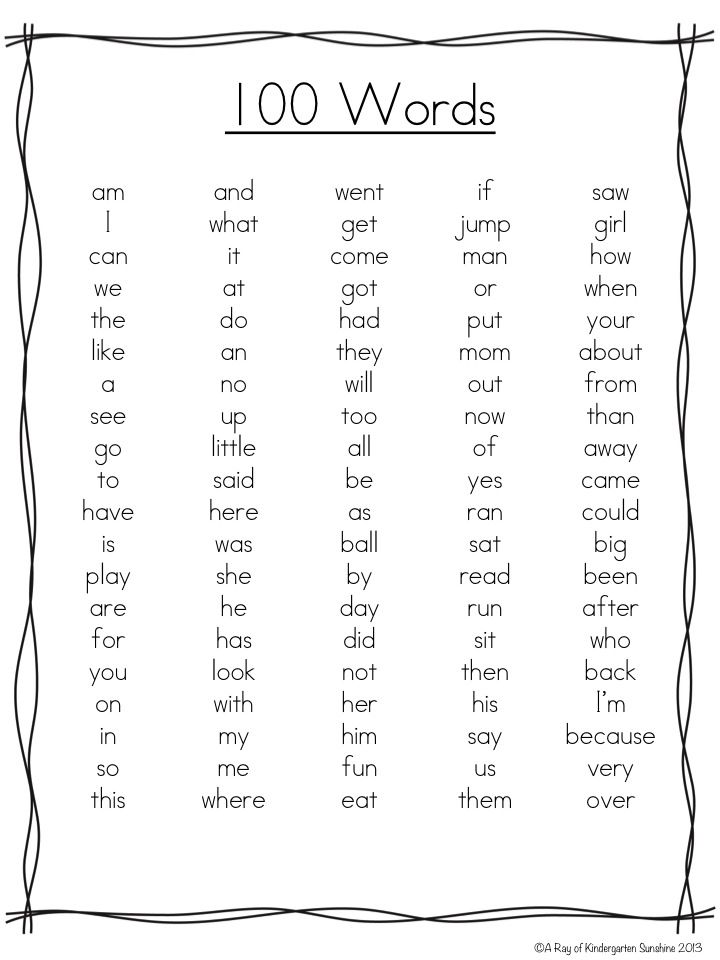
You can listen to the article. If it's more convenient for you, turn on the podcast.
1. Traffic
In English, traffic is indeed spelled with a double consonant. However, when borrowing from a foreign language, the second letter is usually lost, which happened with the word “traffic”, so you should write it with only one “f”.
2. Future
The word "future" often gets the letter "u" by analogy with the word "next". But it is easily disassembled into the root bud- and the suffix -usch-. There is simply no place for an additional sign. If spelling is difficult, you can try to remember through the synonym "future". Still, even those who doubt very much will not raise their hand to write “the coming one”.
3. Offline
The word “offline”, like “offshore”, “offside”, which are close to it, lost a double consonant when they were entered into dictionaries, which is typical for borrowings. At the same time, if the spelling “offline” can still be explained by confusion with the original language, then the version “offline” is puzzling: in English, the word is also written without a hyphen.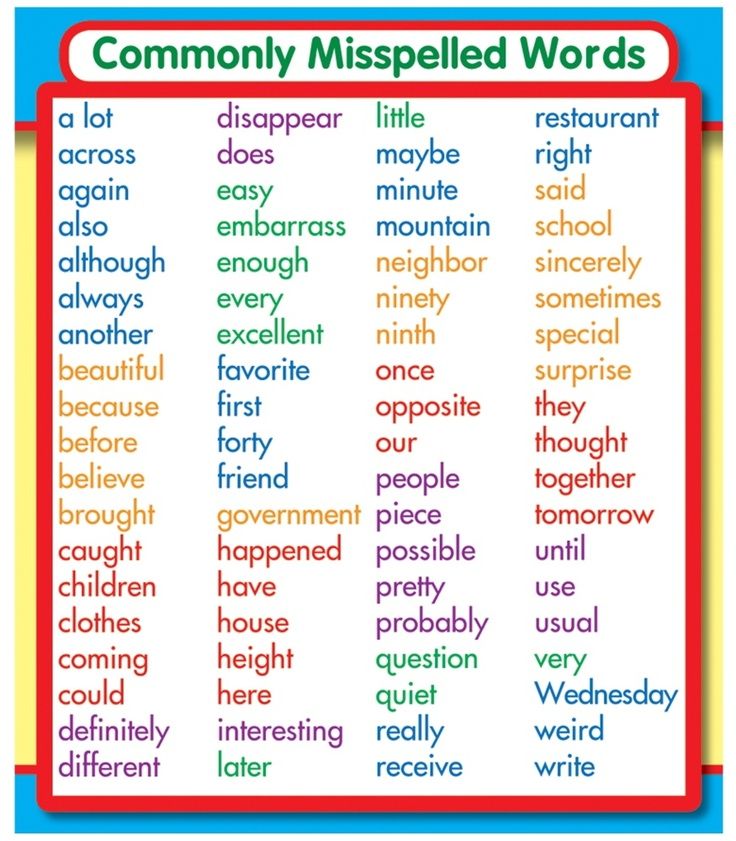
Check 🧐
- TEST: Together, separate or hyphenated? Write 10 words without mistakes!
4. Rinses
If you're not talking to your washing machine, it's hard to imagine in what situation you might need the word "rinse". But just in case, it’s worth remembering that you need to correctly give out instructions with the word form “rinse”.
5. Producer
Probably, the extra "s" is formed by analogy with the word "director". But in both Russian and English, “producer” is written without doubled consonants.
6. Come
The word has gone through many transformations. In old books, it can be found in the versions "come" and "come". Yes, and the analogy with "go" is clearly visible. However, in dictionaries it is fixed only in one form - "to come."
7. Grapefruit
No matter how much one would like to make "grapefruit" a full-fledged "fruit", this word is pronounced the same as in the language from which it was borrowed.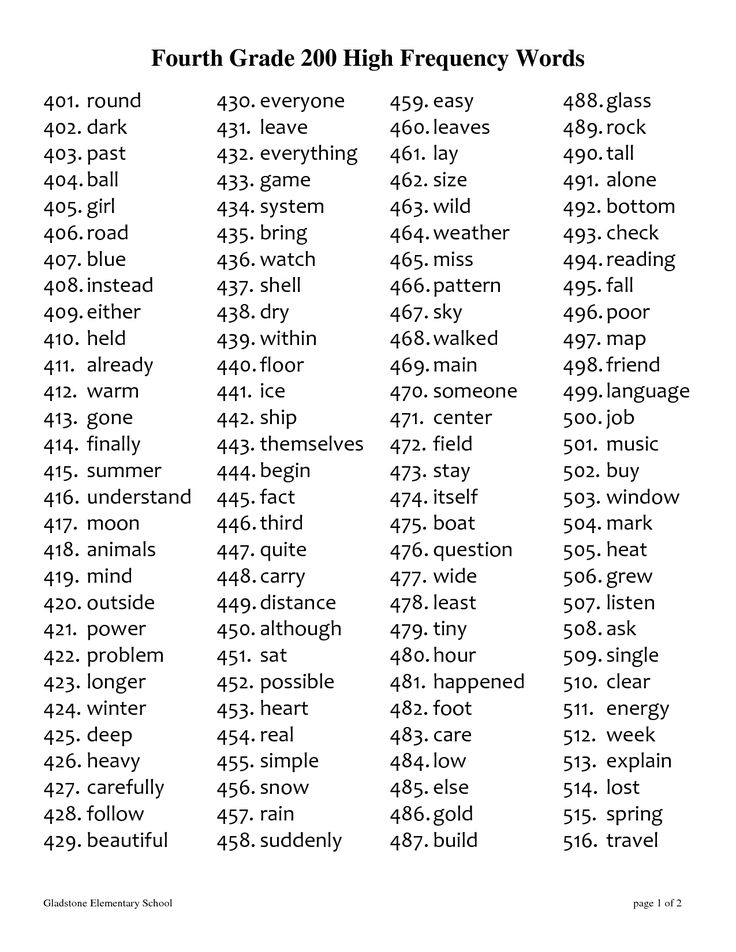 Otherwise, the first part of the word would have to be Russified, but “grape fruit” does not sound very attractive.
Otherwise, the first part of the word would have to be Russified, but “grape fruit” does not sound very attractive.
8. Blogger
For foreign words that extort a second consonant, there is a rule: if there is a single-root word, then you should use only one letter from the double ones. A blogger maintains a blog, so he is not allowed to use extra letters.
9. Hardly
According to Vasmer's etymological dictionary, the unchanging particle "hardly" comes from the word "row", it can be used as a test word. And the “li” particle is always written separately, so do not be lazy to press the spacebar.
10. Imagine
Frankly speaking, the word “imagination” is not in the overwhelming majority of dictionaries and literary Russian. But it has a certain semantic connotation and can look cute in colloquial speech. At the same time, one does not need to be a linguist to sob with bloody tears from the "vybrazhuli". So check "imagination" with the word "imagination" and spare other people's eyes.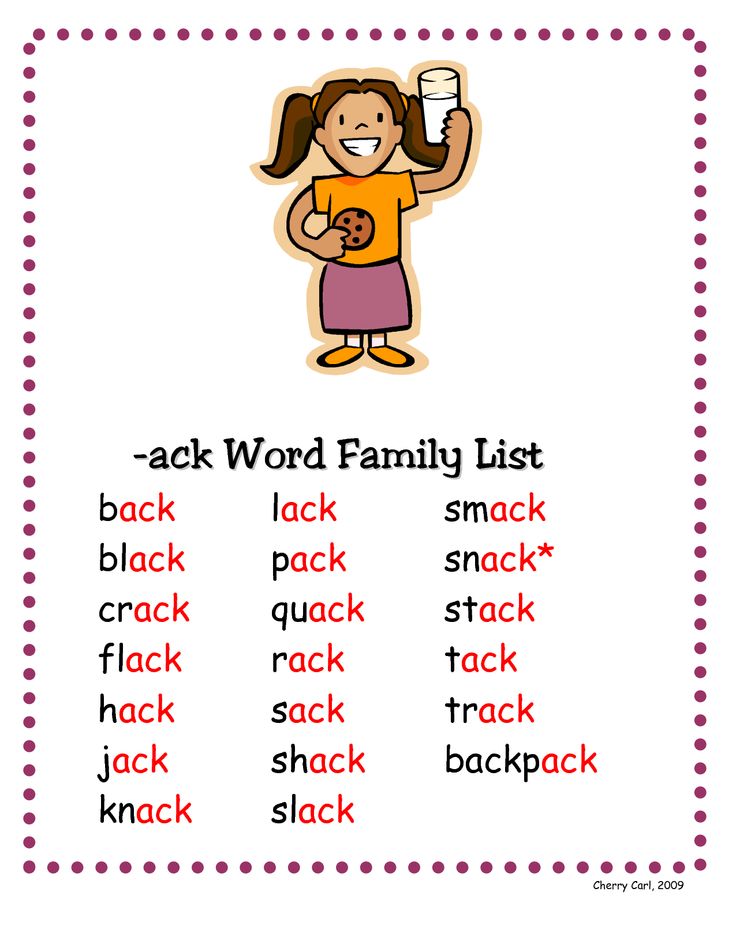
11. Ice cream
If ice cream means a calorie bomb made from milk or cream, then you should always write one “n” in this word. This noun is formed from an imperfective verb, the letter in such cases is not doubled.
Fill in the letters 🎓
- QUIZ: How good are you at spelling double consonants?
12. Cappuccino
In Italian, from which the name coffee with milk foam comes, the word cappuccino was generously sprinkled with consonants. But in Russian, none of them is doubled. Therefore, you can nod understandingly when once again instead of cappuccino on the menu you will meet “cappuccino” or “cappuccino”.
13. Mosaic
Whether it's a picture of tightly packed pieces of glass or a children's puzzle, forget about bunnies and write correctly: mosaic.
14. Handwriting
The insidious "d" tries to fit in here, but it has no place in the word "handwriting". Because when you sit down to write a text by hand, you do not intend to emphasize anything, but rather to underline.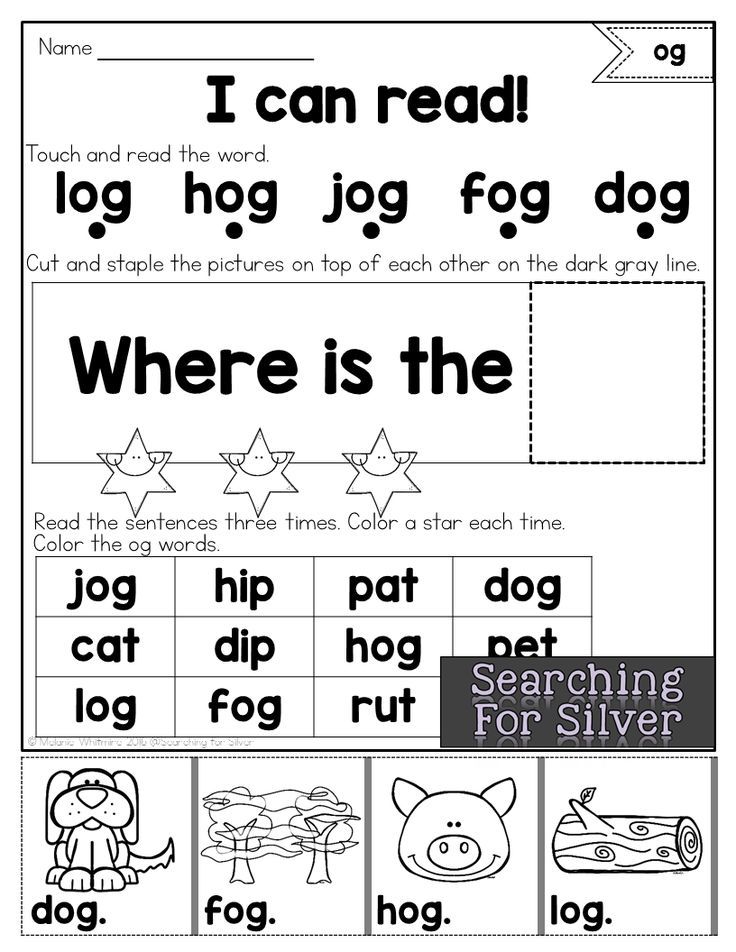
15. Bulletin
“Bulletin” is a dictionary word, so you have to memorize it. The fact that it came from the Latin bulla - “ball”, “seal” can help in this.
16. Legitimacy
There are many options for manipulating the word "legitimacy", but it's better not to do this and just remember how it is spelled.
17. Realtor
It is difficult to avoid confusion with the word realtor. Office programs do not underline it in red in any spelling, the “Russian Guild of Realtors” insists on the letter “e” in its name, and even the authors of dictionaries cannot come to a consensus. And yet, in the most authoritative Russian spelling dictionary of the Russian Academy of Sciences, edited by Lopatin, the form “realtor” is fixed, it is better to stick to it.
18. Registration
The check word "case" will help you find out which letter is hidden in place of an unstressed vowel, and will not allow you to write "registration" incorrectly.
19.
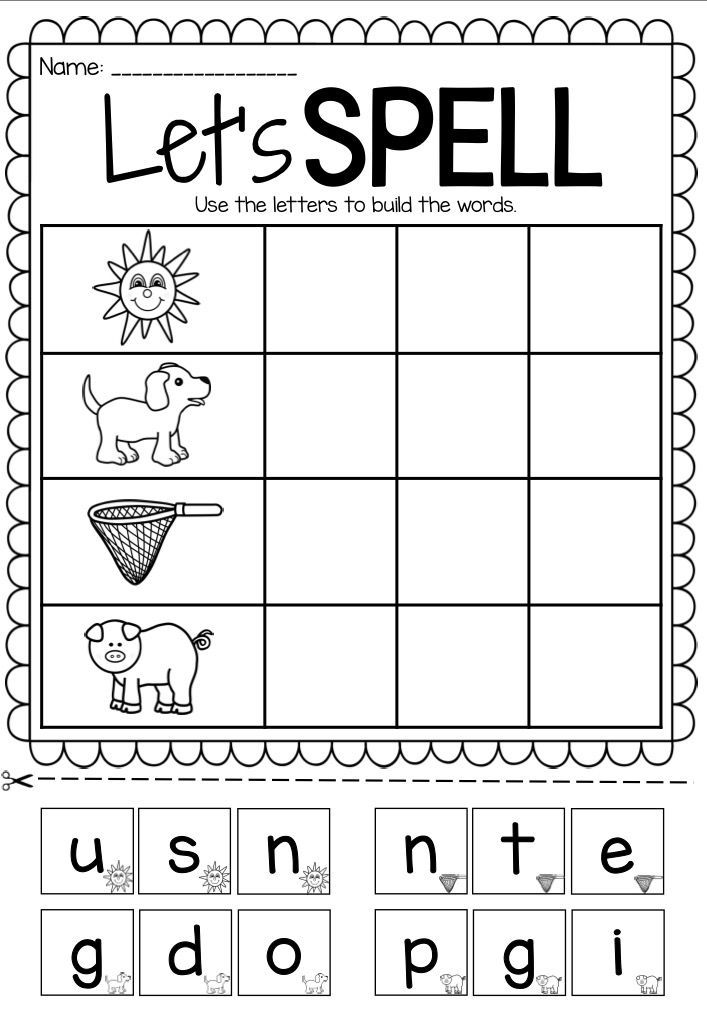 Gynecologist
Gynecologist Gynecologist is not related to the word "gene", but is very closely related to the Greek "gyneka" - "woman".
20. Gastarbeiter
Remembering how the word "guest worker" is written is simple: in German gastarbeiter consists of two parts: gast - "guest" and arbeiter - "worker".
21. Colander
Another word from the German language, where the letters tend to get mixed up. "Colander" comes from durchschlagen, which breaks down into durch - "through", "through" and schlagen - "hit". But if the etymology does not help to remember the correct order of the letters, you can go the associative way, especially since the word is so consonant with a popular curse word.
22. Calories
The word "calorie" was borrowed from French. Calorie entered the Russian language practically unchanged, there are no double consonants in it.
23. Vinaigrette
The name of the salad is derived from the French vinaigre - "vinegar", and it - from the word vin - "wine".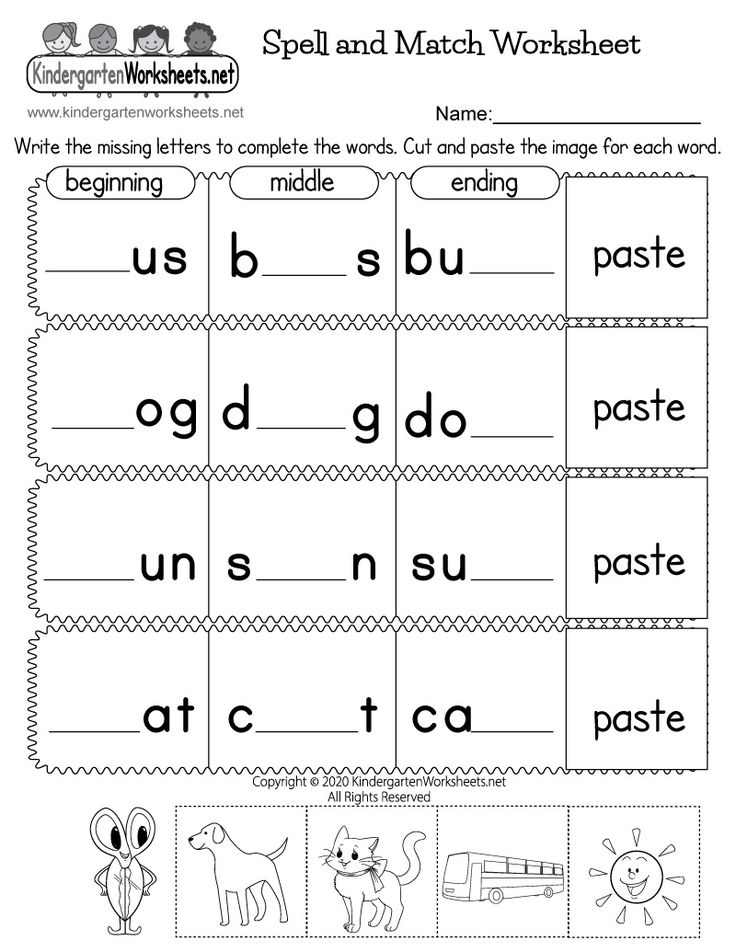 This makes it easier to remember how to properly describe the vegetable mixture. As for the second vowel in a word, it is enough to remember that it does not coincide with the first. Then you will write "vinaigrette" without a single mistake.
This makes it easier to remember how to properly describe the vegetable mixture. As for the second vowel in a word, it is enough to remember that it does not coincide with the first. Then you will write "vinaigrette" without a single mistake.
24. Shopping
In English, shopping is spelled with a double consonant, and many would like to transfer the two "n" and into Russian. Fight this desire and remember that there are words with the same root, for example, a shop tour. And if they use only one "p", then in "shopping" you do not need to double the consonant.
25. Terrorist attack
The abbreviation of the phrase “terrorist act” begs for a second consonant, but you should not negotiate with him. According to the rules for the formation of abbreviations, only one of the two consonants is written in them. Therefore, it is correct to write "terrorist attack".
What words do you stumble over? Write in the comments.
Read also 🧐
- 12 borrowed words that are easy to make a mistake
- 20 words that even literate people spell incorrectly
- “From that” or “from that”? 19 words and combinations that are easy to misspell
Hyphen between words - rules and examples
We will teach you how to write without mistakes and make it interesting to tell
Start learning
Continuous, separate and hyphenated spelling of words is a real nightmare for most schoolchildren.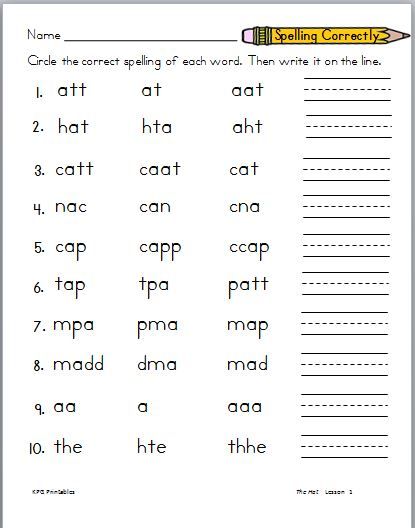 There are indeed a lot of rules in this topic that you need to remember. But spelling doesn't seem so difficult if you understand it properly. This is what we will do today: we will consider which words are written together, separately or with a hyphen.
There are indeed a lot of rules in this topic that you need to remember. But spelling doesn't seem so difficult if you understand it properly. This is what we will do today: we will consider which words are written together, separately or with a hyphen.
Nouns
Hyphen in nouns
Let's see in which cases we can put a hyphen in words and between parts of a word when talking about nouns. In total, we have three options for such a spelling, let's get to know everyone.
-
If a noun has a root half- and the second root begins with a consonant l , a vowel or an uppercase letter, then there must be a hyphen between them:
-
half lemon,
-
half watermelon,
-
half of Hungary etc.
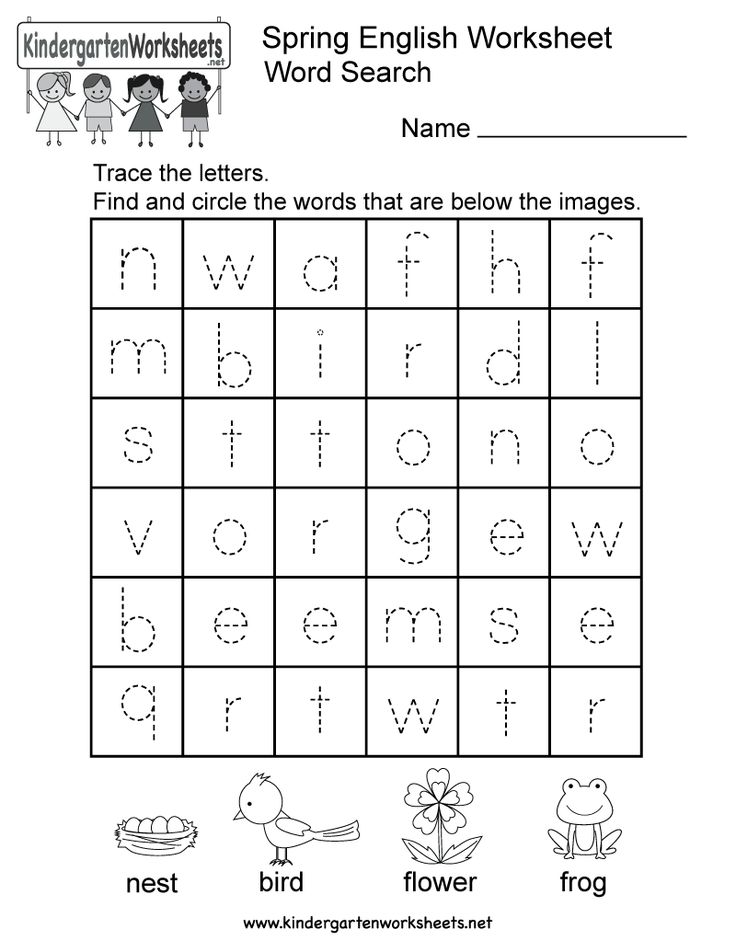
In all other cases, the morpheme gender with nouns is written together.
-
-
If a compound noun is formed from two words without a connecting vowel, and both of them can be used as separate words, then a hyphen is written between its stems:
-
Words are also written with a hyphen, namely compound nouns that denote cardinal points or geographical names:
Consolidated spelling of nouns
Next, let's figure out when nouns can be written together. Usually this concerns the spelling of complex words.
-
Compound abbreviated nouns must be written together:
-
SWAT,
-
gym,
-
Ministry of Culture etc.
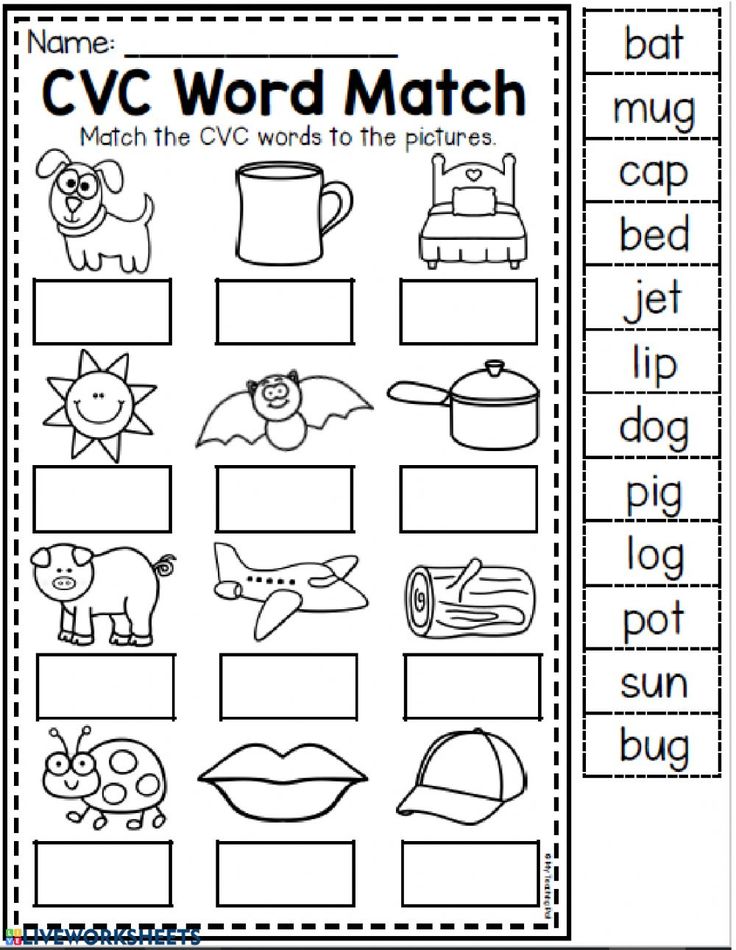
-
-
If a compound noun has a connecting vowel, it is also written together:
-
dump truck,
-
physical examination,
-
pipeline etc.
-
-
If a noun has the root half-, and the second root does not begin with an uppercase letter, vowel or consonant l, it is written together. You should also write together a noun with the root semi-:
-
half measure,
-
half store,
-
half home etc.
-
-
Complex nouns with foreign elements Avia- , Auto- , Agro- , Aero- , Bio-, Hydro- , , , , , .
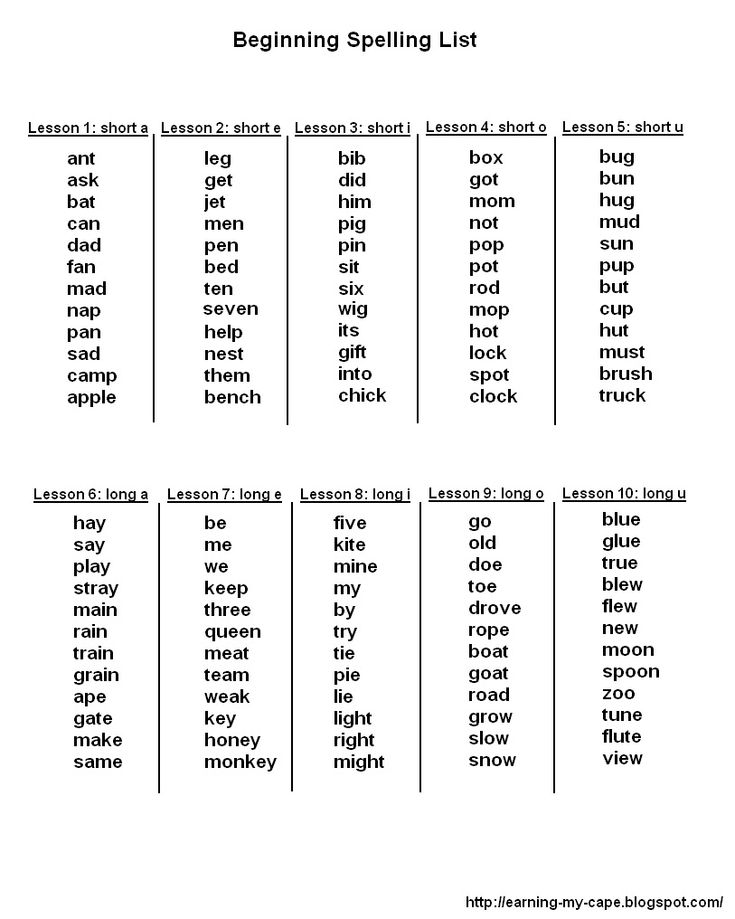 metro , micro , motorcycle , tele , photo and some others:
metro , micro , motorcycle , tele , photo and some others: -
hydrosphere,
-
autopilot
-
airport etc.
-
Test Yourself
Read the nouns below and identify which words are hyphenated and which are not. Open the brackets and support your answer with the rules in this section.
(Sea) swimmer, (half) boat, (half) coat, (half) continent, (half (Europe), (north) east, (St.) Petersburg, (sea) infantry
Five in Russian in your pocket!
All the rules of the Russian language at hand
Adjectives
Hyphen in adjectives
Adjectives can be written with a hyphen in three cases. Let's consider them in more detail together with examples.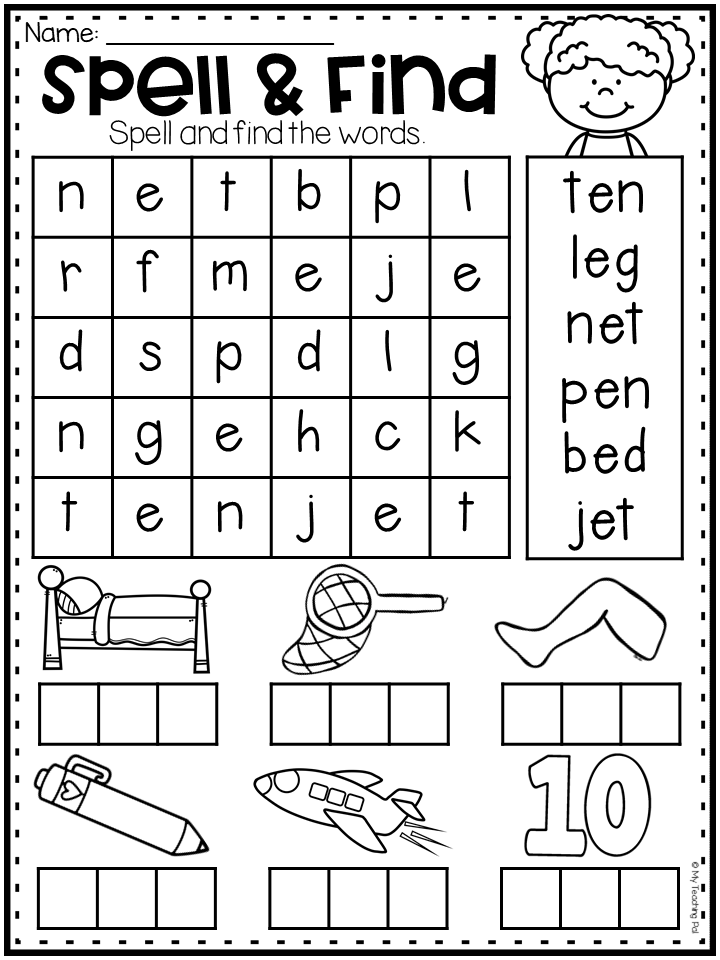
-
If the adjective is formed from compound nouns, parts of which are written with a hyphen, then the word itself must contain this hyphen:
At the same time, if the adjective is formed from a compound noun without a hyphen, then the adjective itself must be written together. This can be seen in the example of words motor ship - motor ship .
-
If a compound adjective is formed by adding two words, put a hyphen between its stems. It is easy to define such words - between these bases you can add the union and :
-
Russian-German - Russian and German,
-
sweet and sour - sour and sweet.
-
-
If a complex adjective reflects additional qualities of an object, for example, shades of color, a hyphen should be put between its parts:
-
bright green,
-
sky blue.
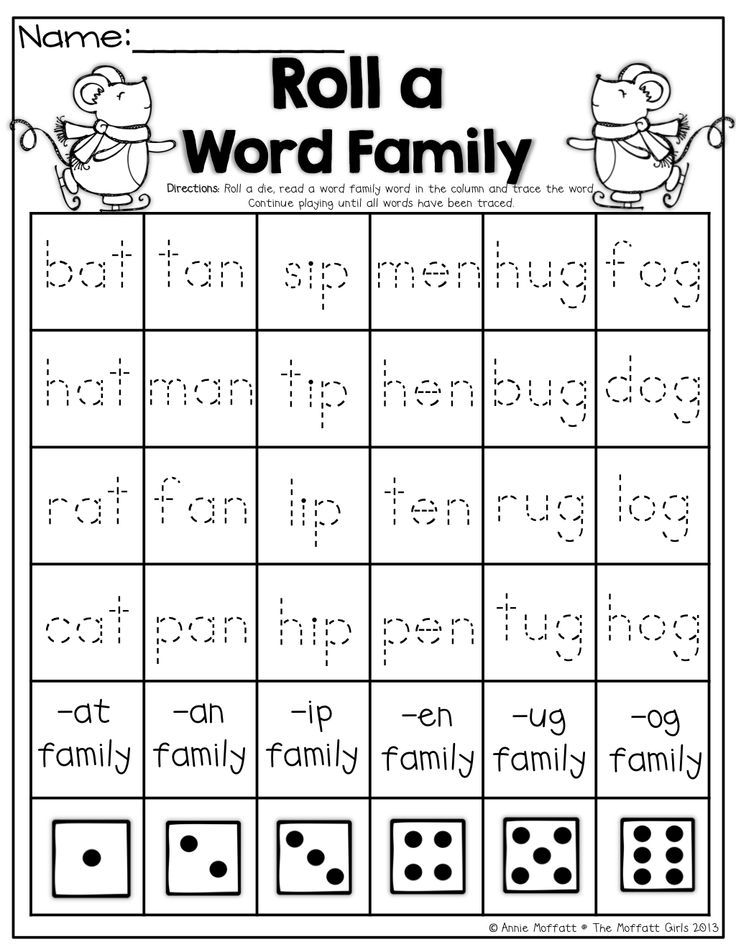
-
Continuous spelling of adjectives
-
-
locomotive - locomotive,
-
lightning rod - lightning rod etc.
-
-
If an adjective is formed from two independent words by addition with a suffix and a connecting vowel, it should also be written together:
-
Pacific + Ocean - Pacific,
-
railway + railway - railway etc.
-
Test Yourself
Read the adjectives below and identify which words are hyphenated and which are not. Support your answer with the rules in this section.
Physics (mathematical), steam (carry), acid (yellow), garden (garden), helicopter (flight), water (wire).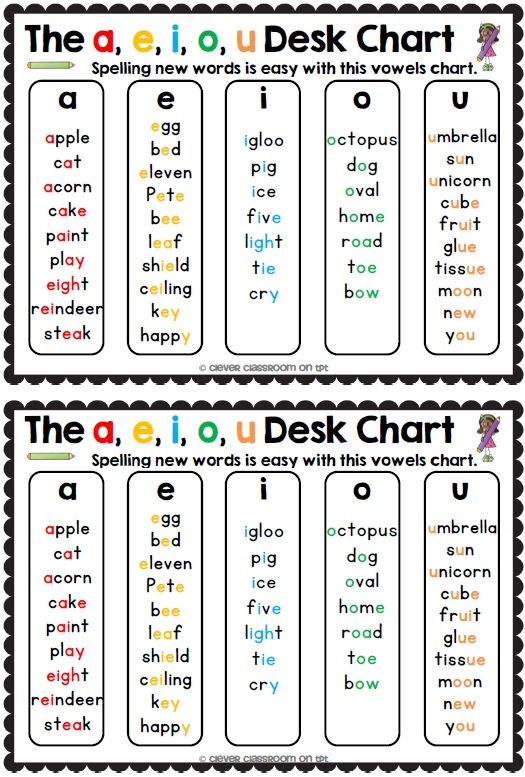
Adverbs
Hyphen in adverbs
Now let's move on to adverbs and consider all cases where the words of this part of speech are written with a hyphen.
-
If an adverb is formed from a noun or an adjective with the prefix in and the suffixes , , , it must contain a hyphen:
-
If an adverb has a prefix something or postfixes - something , - or , - something , then such an adverb is called indefinite . In this case, the word must be written with a hyphen:
-
If an adverb is formed by repeating itself, its root or synonymous adverbs, it must also be hyphenated:
-
out of the blue,
-
a little,
-
little by little etc.
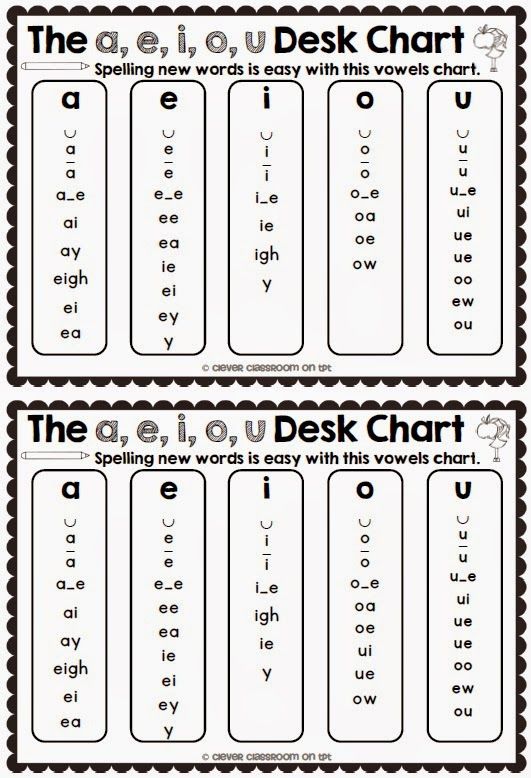
-
-
In Russian, adverbs formed from ordinal numbers with the help of prefixes to -, to - and the suffix -ih ( -ih ) are written with a hyphen:
-
first,
-
third etc.
-
Continuous and separate spelling of adverbs
In other cases, adverbs are usually written together. At the same time, they are similar to combinations of prepositions and nouns that are homonymous to them, for example:
-
have not seen each other since the beginning of spring,
let's talk first
It is important not to confuse these parts of speech in a sentence in order to write them correctly. If in doubt, try replacing the word with another adverb or asking an adverbial question to it.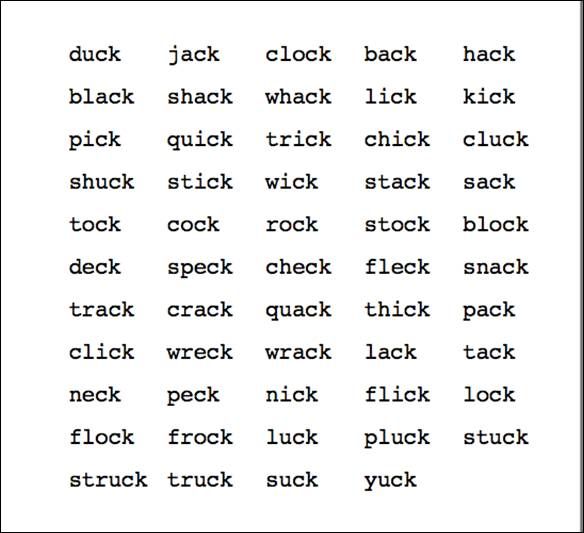 If it works out, then this is an adverb, it needs to be written together.
If it works out, then this is an adverb, it needs to be written together.
Test yourself
Read the phrases below and identify which words are hyphenated and which are not. Open the brackets and support your answer with the rules in this section.
(Some) where they stopped, the result (on) the face, (on) the face the light fell, once (on) a long time ago, (in) tenths, walks (barely) barely, figured it out (quietly) peacefully.
Pronouns
Hyphen in pronouns
Pronouns can be hyphenated only if they are indefinite. Moreover, they will always be used with morphemes something , something , something , something - just like the adverbs from the previous section:
-
something,
-
anyone,
-
some etc.
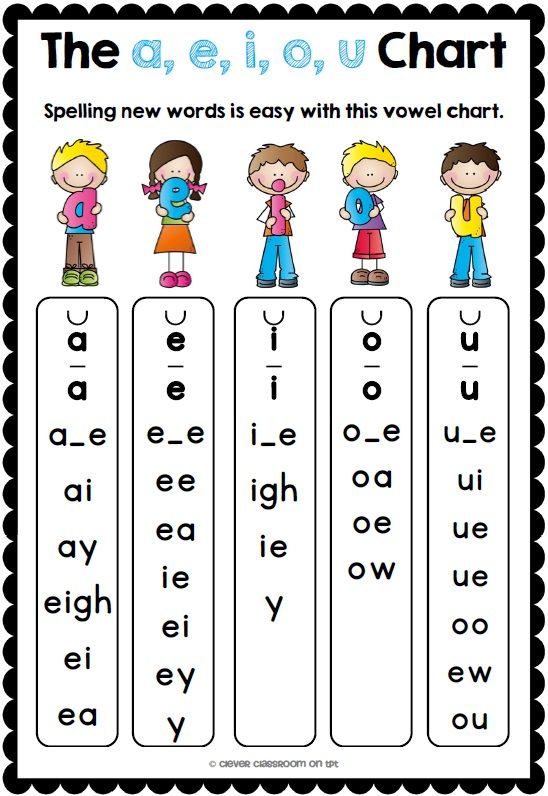
Continuous and separate spelling of pronouns
If an indefinite or negative pronoun contains a prefix non- or non-, while there is no preposition between it and the root, it is written together:
If there is a preposition between neither or not and the pronoun, they must be written separately:
Also in Russian, the particles nor and not are written separately with all other categories of pronouns, except for indefinite and negative ones. At the same time, all pronouns of any category are written separately with prepositions:
-
to talk about something,
-
did not come by himself etc.
Check yourself
Read the pronouns below and identify which words are hyphenated and which are not.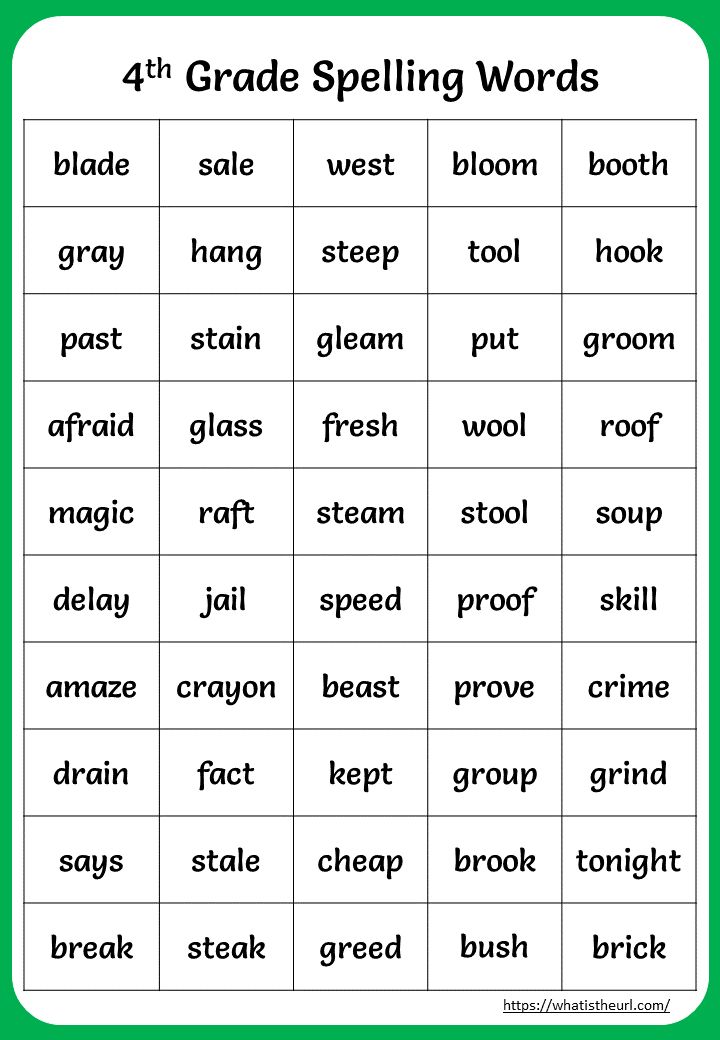 Open the brackets and support your answer with the rules in this section.
Open the brackets and support your answer with the rules in this section.
Not (with) anyone, not (with) anyone, that (or), no (who), anyone (someone), (some) who, something (with) someone.
Hyphen in functional parts of speech
When a hyphen is written in prepositions
In prepositions, a hyphen can be found only in one case - if the preposition is compound (that is, it consists of two parts) and non-derivative (that is, it was not formed from the word of another part speech). We have already discussed this topic in more detail in the article "Ranks of Prepositions". There you can also learn about cases when prepositions are written together or separately.
Examples of prepositions that are written with a hyphen:
-
from underground,
-
above the snow,
-
because of the mountains.
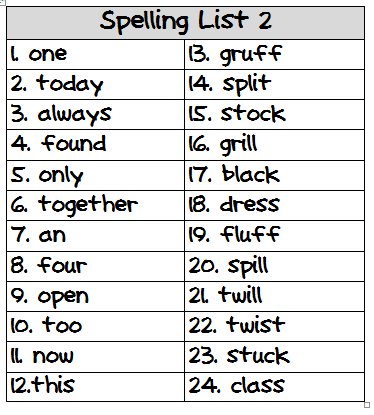
Continuous, hyphenated and separate writing of particles
Particles b, b, g, li, le must be written separately with the rest of the words:
-
will you come,
-
you'll see,
-
would show etc.
Words with particles -ka and -to are hyphenated:
-
come on,
-
tell me something etc.
It is important not to confuse conjunctions also and also with combinations of pronoun or adverb and particle same . They sound the same, but if the prepositions are written together, then particle must be written separately with the pronoun then and the adverb so .
| Union | Pronoun/adverb + particle |
|---|---|
| We were also invited for a walk. | The garden is just as beautiful. |
| We didn't miss the chance either. | In the evening the same despondency seized me. |
Hyphen in interjections and onomatopoeia
Now let's find out when a hyphen is written inside a word, if it is an interjection or onomatopoeia.
-
Complex and sometimes compound interjections, which include two or more words, are written with a hyphen:
-
bayu,
-
by God etc.
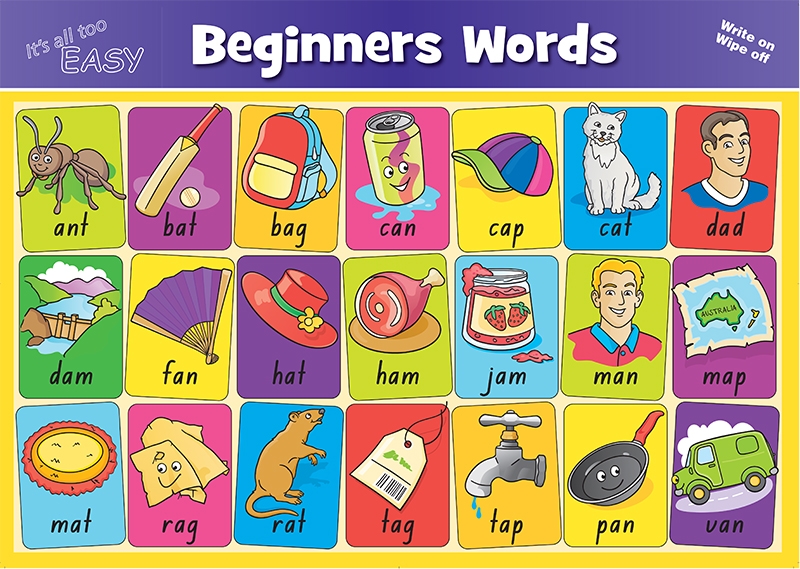
-
-
It often happens that an interjection or onomatopoeia is formed by the repetition of words. In this case, it is also written with a hyphen
-
-
co-co-co,
-
hee hee etc.
-
Test yourself
Now that we have discussed the theoretical part of the topic in detail, let's practice identifying continuous, hyphenated and separate spelling of words in Russian.
Read the phrases below and determine which parts of speech the words they contain belong to. Open the brackets and put a hyphen where needed. Explain why you chose a particular spelling option using the general rules we covered in this article.
I got out of (under) the snow, someone strong, we will get to know each other, a little (slightly) tired, somewhere far away, from (beginning) of the path, looked (in) cunning, raincoat (tent) , English (French), light (beige), treated (like) humanly, (half) a cucumber.
Learn more

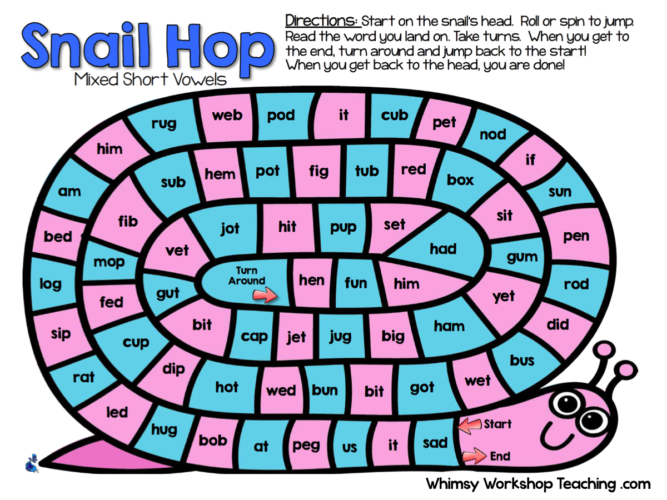 *
*
